7 stellar gadgets and apps for starry-eyed astronomers
Whether you’re a seasoned stargazer or a newbie to nebulae, there's top tech to help you gaze upon the night sky

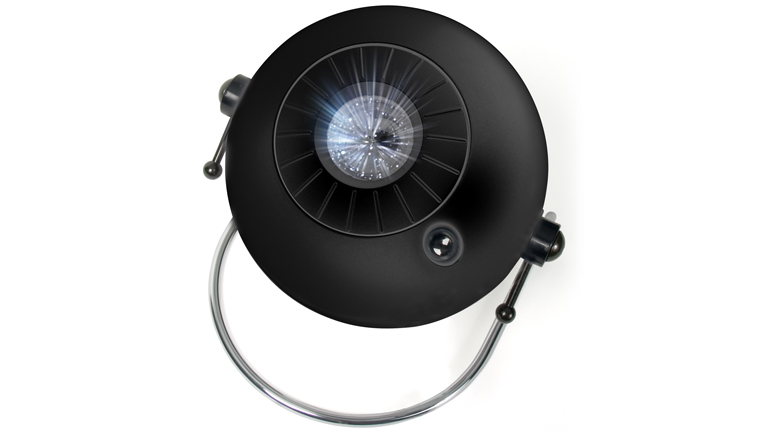
Get all the latest news, reviews, deals and buying guides on gorgeous tech, home and active products from the T3 experts
You are now subscribed
Your newsletter sign-up was successful
From fleeting glimpses of shooting stars to Saturn, 1.5 billion kilometres away, we can see a wide variety of celestial objects with the naked eye, but in order to swim in the Milky Way, take a picture of Jupiter's cloud belts, or look for aliens in the Moon's craters or Martian poles, a telescope and other gadgets are needed.
We've rounded up some of the best to get started, from telescopes designed to find fascinating constellations for you, to helpful apps and even a personal planetarium.
Skywatcher Skyhawk 1145P SynScan Telescope
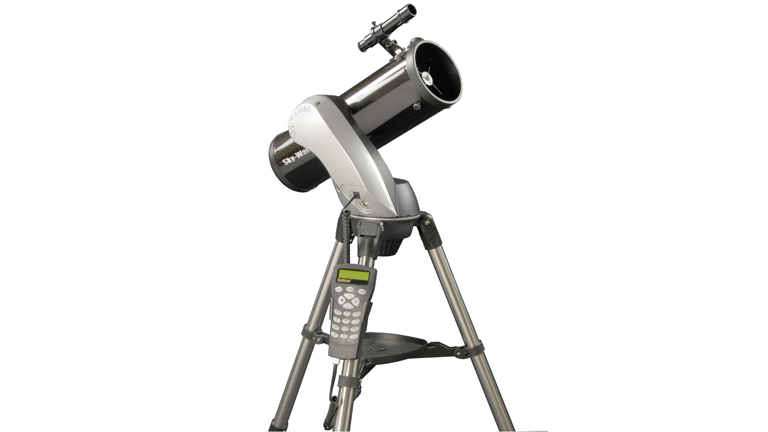
A decent telescope is an essential piece of kit for astronomers and the Skywatcher SynScan AZ GoTo telescope is claimed to be able to help track almost 43,000 celestial objects such as planets, nebulae, star clusters, galaxies and more for under £300. It comes with a hand controller that allows users to point the telescope at an object of their choice automatically, or tour the sky at the touch of a button. Described as a 'good all-rounder,' it's fast, with a focal length of f/5.
Price: £1,249 | Buy Skywatcher Skyhawk 1145P SynScan Telescope
Scope Nights app
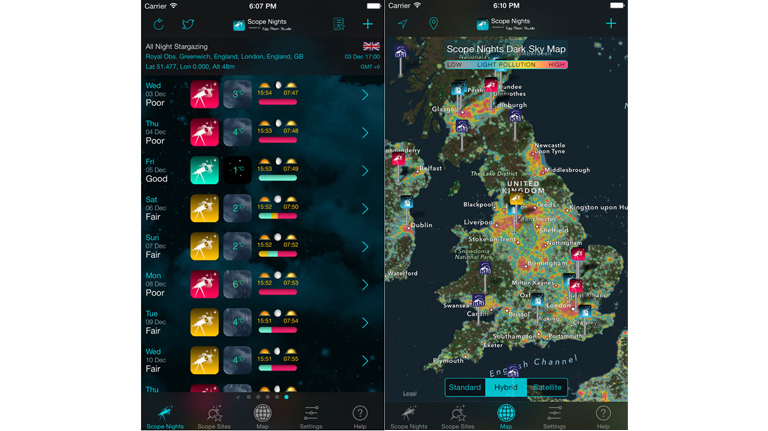
You may have invested in a terrific telescope, but if you set it up in a light area, it's unlikely you'll be seeing stars. The Scope Nights app uses Nasa's high resolution light pollution map to find dark sites with clear skies to help astronomers plan trips, as well as providing stargazing weather forecasts up to 10 nights ahead. Designed to be easy to use for beginners and to aid experts, it shows weather for a user's current location and can provide data for any site worldwide. With colour-coded symbols showing the phases of the moon, cloud cover, the probability of rain, minimum temperature and wind speed, it promises to make it simple for users to pick the best night for stargazing and avoid any miserable experiences, such as being stuck in foggy drizzle in a lousy spot.
Price: 79p | Buy Scope Nights app
Tiny1 astronomy camera
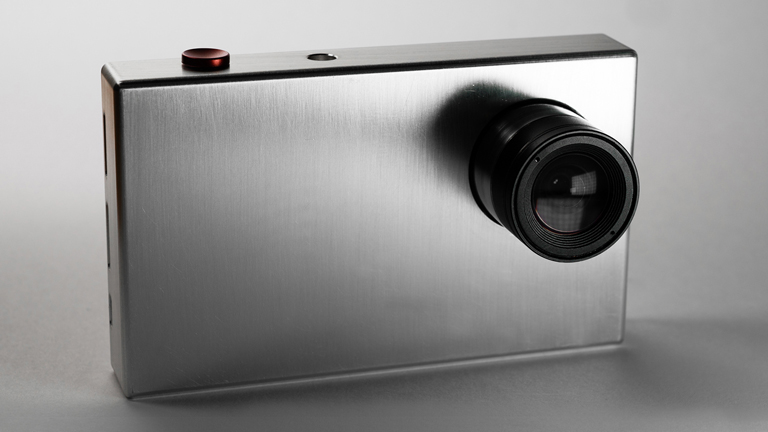
If you do happen to see a particularly incredible cosmic spectacle it seems a shame not to be able to share it. This is where the Tiny1 astronomy camera could come in handy. The 'small and user friendly' astronomy camera was a hit on crowdfunding site Indiegogo where it reached its $100,000 target in just four hours. The prototype's designed to clip onto almost any telescope lens and uses patent-pending software to reduce noise and record sharp images of lunar craters, for example. An augmented reality map overlaid on the viewfinder will help users identify the stars they are imaging and 2.5k videos, time lapses and shots taken using the 4Mp sensor will be able to be shared on social media thanks to the camera's built-in Wi-Fi.
Get all the latest news, reviews, deals and buying guides on gorgeous tech, home and active products from the T3 experts
Price: $349 (£263.32) | Buy Tiny1 astronomy camera
Star Walk app
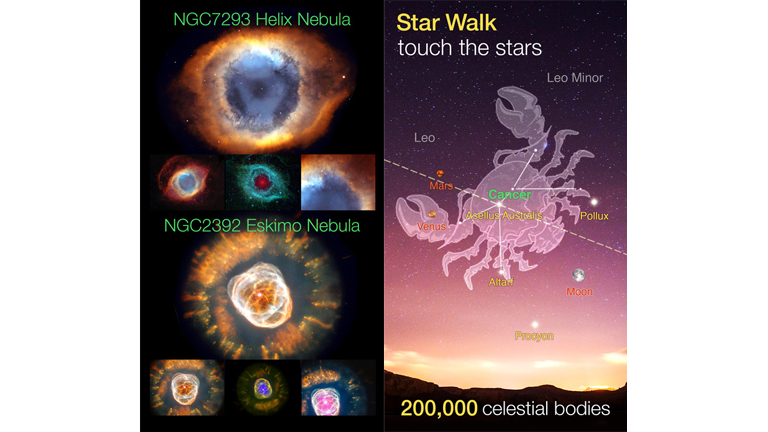
Whether you stargazing without kit, using binoculars or a telescope, the Star Walk app can tell you what you're looking at. Acting like an electronic Brian Cox, the app uses GPS to follow a user's every movements in real-time, giving them a guided tour of over 200,000 celestial bodies and dispensing lots of interesting facts about what they're seeing. To use it, newbies must simply point their iPhone or iPad at the night sky to see the stars, planets, satellites and constellations above them and move it to understand other parts of the sky. The app can be used in conjunction with telescopes and has a built-in calendar of star-gazing events to make sure users don't miss an opportunity such as the Perseid meteor shower, for example.
Price: £2.29 | Buy Star Walk app
Celestron NexStar 8SE telescope
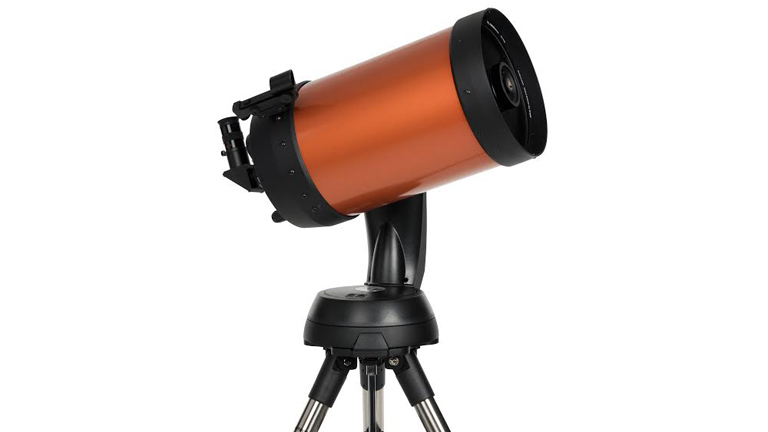
The Celestron NexStar 8SE is a 'serious' telescope for amateur stargazers. With eight inches of aperture, it can reveal faint details such as dust storms on Mars, Cassini's division in Saturn's rings, the cloud bands on Jupiter and the gas giant's moons, as well as dimmer asteroids. The 8SE can pinpoint stars in the Hercules Globular Cluster, the spiral arms of the Whirlpool Galaxy and show small craters on the Moon. Portable and easy to disassemble and store in small pieces, the telescope come with a NexStar+ hand control to help users locate over 40,000 celestial objects, or take a Sky Tour, in which the telescope shows them the best objects currently visible. It also has a SkyAlign feature, which aligns itself with three bright objects in view.
Price: £1,249 | Buy Celestron NexStar 8 SE telescope
Hookupz SmartPhone adapter
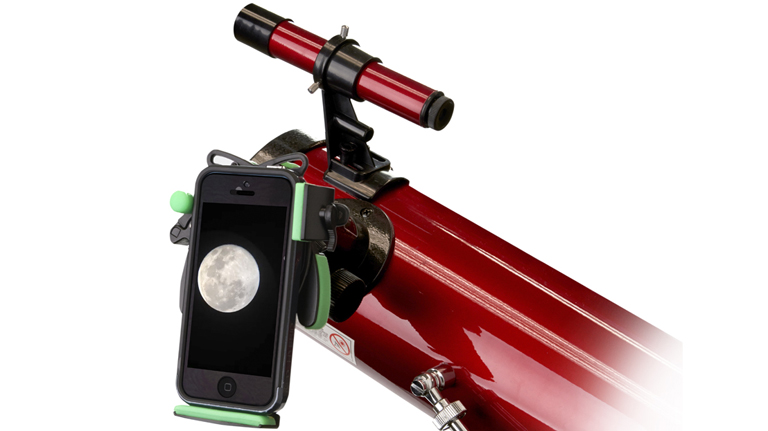
If your Instagram feed could do with some stellar astronomy shots to break up the latte art, the HookUpz Universal SmartPhone Adapter could help. Designed to be used on binoculars, microscopes telescopes, the adapter connects almost any smartphone to a chosen optical device in seconds. It features a self-centring clamp with release grips to hold a smartphone in place over a telescope's eyepiece. This means users can take in a cosmic view using their phone and record the scene without having to master any new software. Depending on whether they have 4G, 3G or Wi-fi in remote locations, the images could be shared online in seconds. A second generation of the device is expected to be unveiled shortly.
Price: $69.93 (£52.75) | Buy Hookupz SmartPhone Adapter
Star Theatre Planetarium
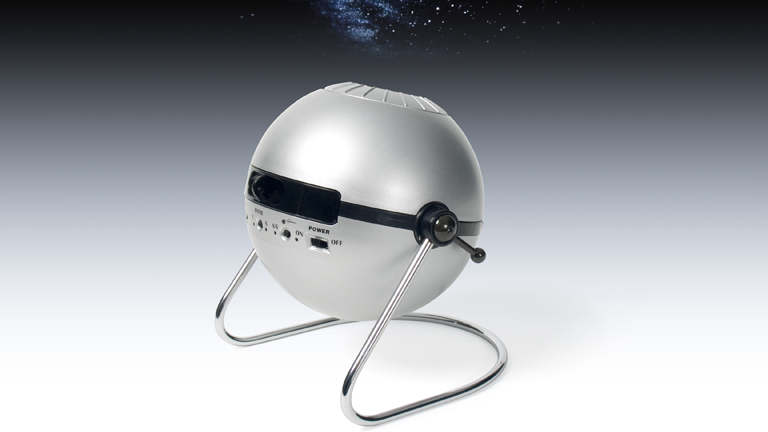
If venturing outdoors on a crisp autumnal night isn't your idea of fun, or you live in a flood-lit city, a portable planetarium could let you gaze up at the night sky from the comfort of your own home. The Star Theatre Planetarium shows real constellations in detail, projecting some 60,000 stars onto a user's ceiling. It comes with a number of disks to add information and mimics celestial movement in both northern and southern hemispheres. To make things even more exciting, the gadget can project shooting stars at random intervals, meaning users get wishes on-tap – much more satisfying than the glow-in-the-dark stars you stuck on your bedroom ceiling as a child.
Price: £109 | Buy Star Theatre Planetarium
A journalist with 10 years experience, Sarah specialises in Science and Technology, writing for the BBC, national papers and consumer magazines, including T3, of course. Sarah has reviewed a range of products for T3, from children’s electric toothbrushes to water bottles and photo printing services. There's nothing she can't become an expert in!
